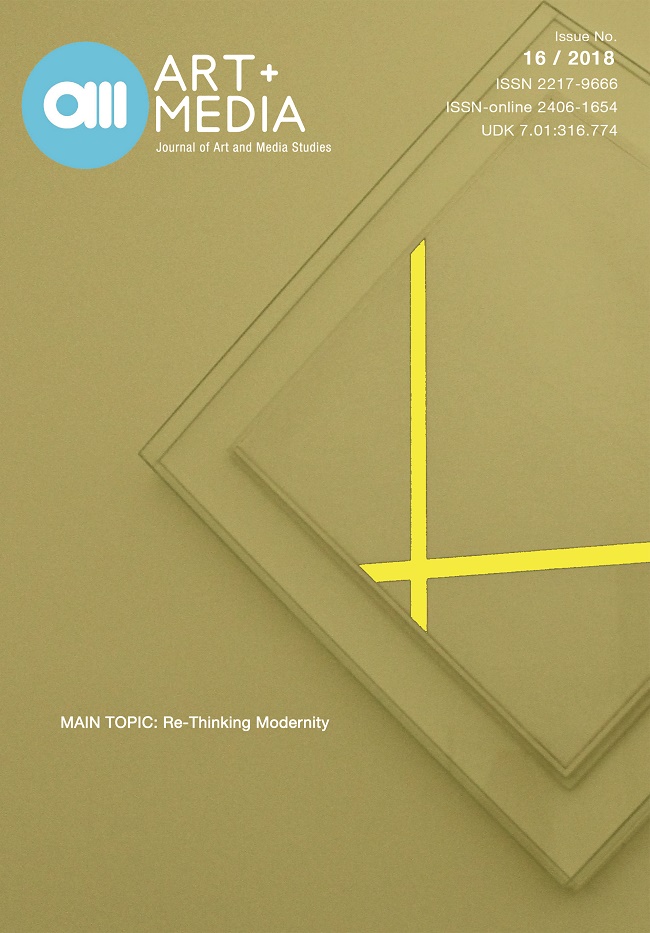Crisis, Identity and the End of Modernity: When Critical Theory Met Existentialism
Crisis, Identity and the End of Modernity: When Critical Theory Met Existentialism
Author(s): Bojan BlagojevicSubject(s): Marxism
Published by: Fakultet za medije i komunikacije - Univerzitet Singidunum
Keywords: the end of Modernity; Identity; Crisis; Kierkegaard; Habermas; Matuštik
Summary/Abstract: The topic of this essay will be the political reception of the existential thought of Kierkegaard, provided by Habermas and Matuštik. While Habermas attempts to use Kierkegaard’s concepts of honesty and ethical choice in order to resolve the problems in constructing rational and democratic collective identities, Matuštik is concerned with the mode of existence that individuals within those collective identities must assume in order to safeguard them from totalitarianism.Kierkegaard’s work responds to a crisis at the end of Modernity, his conception of the authentic individual compelled to make leaps of faith represents an attempt to diagnose and remedy the situation of axiological vacuum and disillusion with the traditional forms of justification. We will proceed to show how this crisis reflects on both the individual and the collective identities, the breaks and continuations of Kierkegaard’s work with both pre-Modern traditions and Modernity, and finally, point out the implications of Kierkegaard’s position as well as that of Habermas and Matuštik.
Journal: AM Časopis za studije umetnosti i medija
- Issue Year: 2018
- Issue No: 16
- Page Range: 11-18
- Page Count: 8
- Language: English

